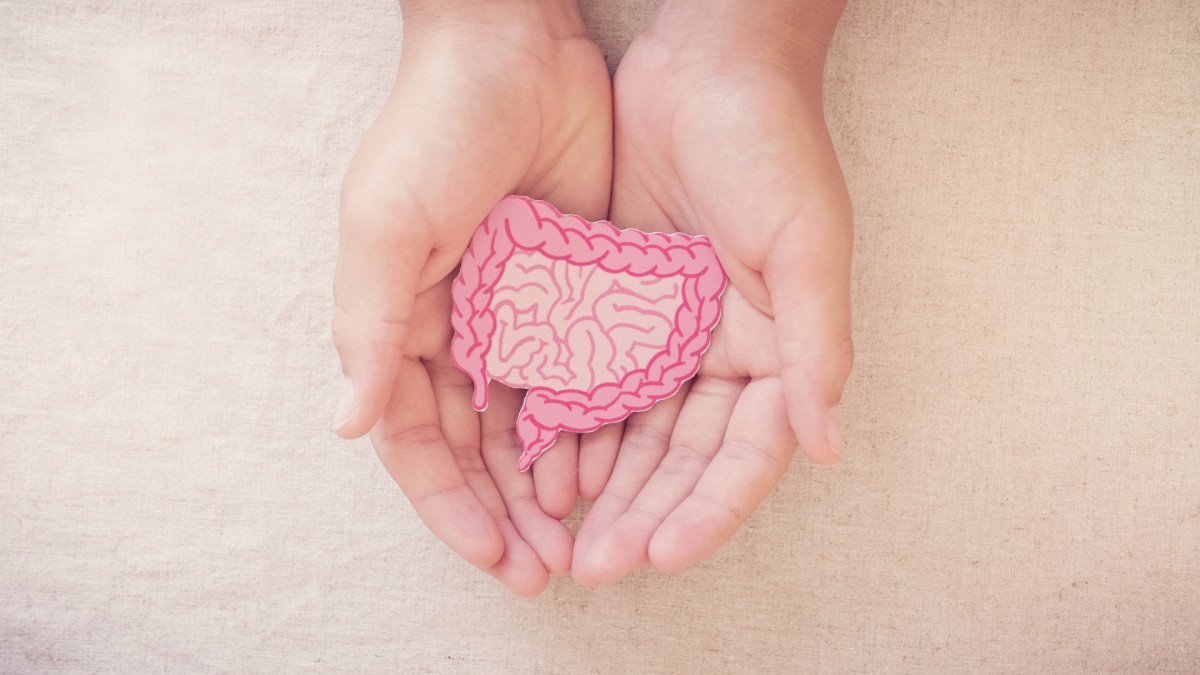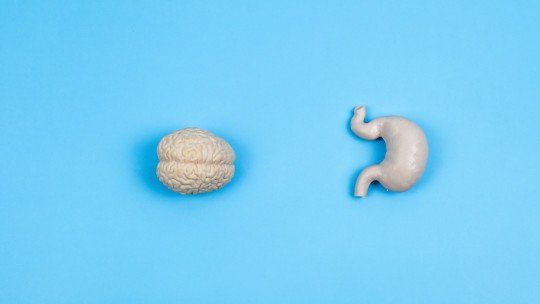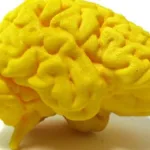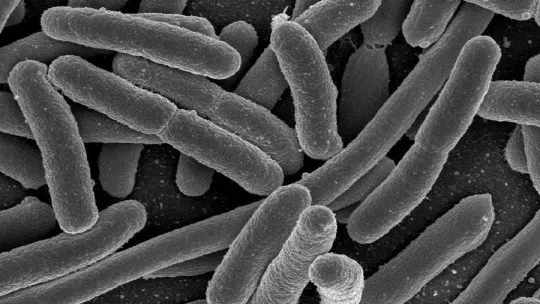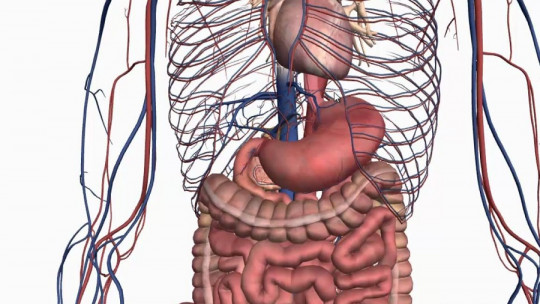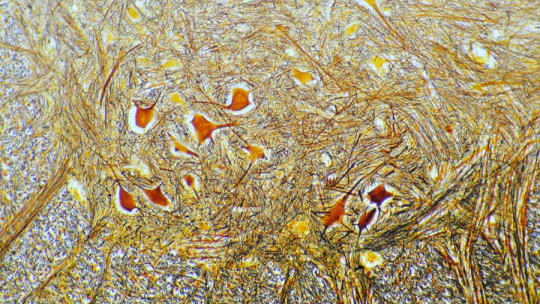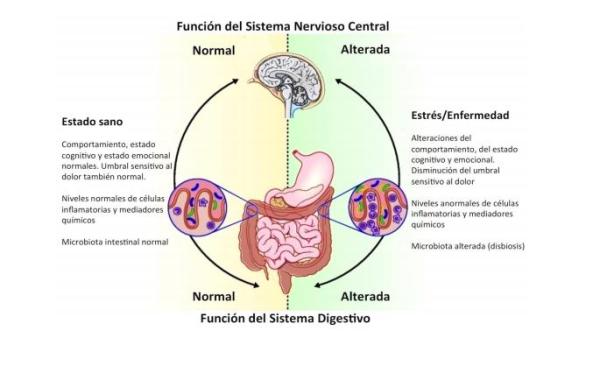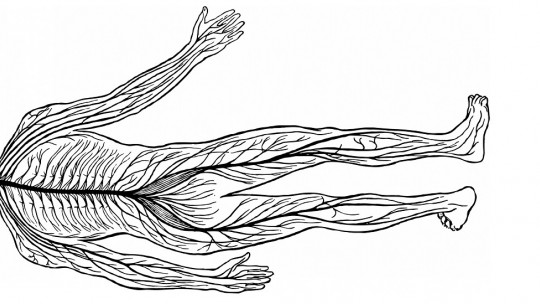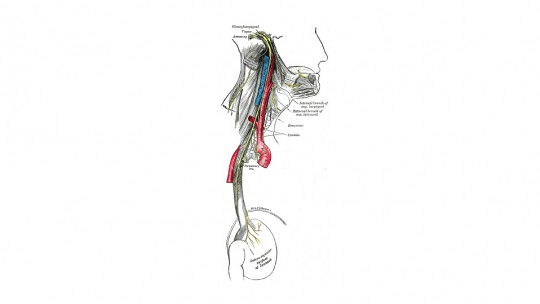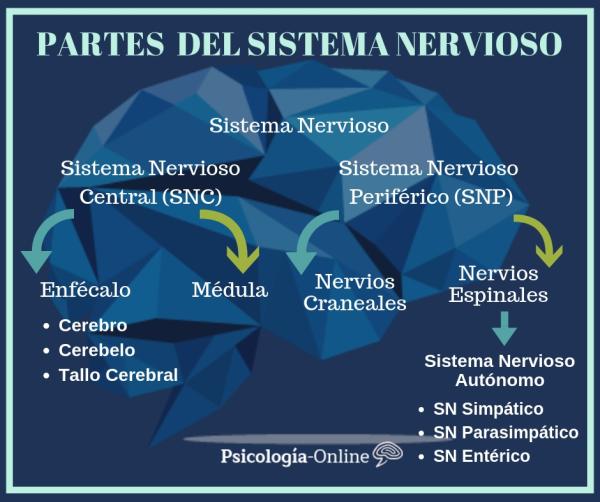In the quest to understand the complexity of the human body, the gut-brain axis emerges as a fascinating and crucial system. This axis represents a bidirectional communication network between the central nervous system and the enteric nervous system, which runs through the gastrointestinal tract.. Although the intestine has traditionally been associated with basic digestive functions, recent research reveals its profound influence on mental health and immune function.
The gut-brain axis not only facilitates neuronal communication through the vagus nerve, but also exchanges information through neurotransmitters, hormones, and the gut microbiota. This complex system not only regulates digestion and nutrient absorption, but also plays a crucial role in modulating mood, stress response, and overall inflammation in the body.
Exploring how this axis functions is essential not only to better understand mind-body interaction, but also to develop new treatment strategies for a variety of medical conditions.
What is the Gut-Brain Axis?
The gut-brain axis is a complex system of bidirectional communication between the central nervous system (the brain) and the enteric nervous system (the gut), also known as the “second brain.” This system is made up of millions of neurons that line the walls of the gastrointestinal tract and are in constant communication with the brain through the vagus nerve, as well as through neurotransmitters and hormones..
The importance of the gut-brain axis lies in its ability to influence a wide range of bodily and mental functions. For example, emotional state can affect intestinal motility, while stress can alter intestinal permeability and microbiota composition. In turn, signals from the gut can influence mood, cognition, and even behavior.
This complex system not only regulates digestion and nutrient absorption, but also plays a crucial role in the body’s overall immune response and inflammation. Furthermore, recent studies suggest that Imbalances in the gut-brain axis may be linked to various neurological and psychiatric disorders, such as Parkinson’s disease, autism, depression and anxiety.

Communication mechanisms
The gut-brain axis communicates through multiple mechanisms that ensure a continuous and bidirectional interaction between the gut and the brain. One of the main components of this system is the enteric nervous system (ENS), often called the “second brain”, due to its neuronal complexity comparable to the spinal cord. This system contains approximately 500 million neurons distributed throughout the gastrointestinal tract, from the esophagus to the rectum, coordinating functions such as intestinal motility and enzyme secretion..
In addition to the ENS, communication between the gut and the brain involves neurotransmitters and hormones. For example, the neurotransmitter serotonin, known for its role in mood regulation, also plays a crucial role in gastrointestinal motility. Similarly, glucagon-like peptide 1 (GLP-1) is released by intestinal cells in response to food intake and acts in the brain to regulate appetite and food intake.
An additional key factor in this communication is the gut microbiota, which consists of trillions of microorganisms that reside in the intestine. These microorganisms produce metabolites and neurotransmitters that can influence the brain and central nervous system, affecting cognitive and emotional functions.
Impact on mental health
The gut-brain axis plays a crucial role in mental health by influencing mood, emotions and behavior. The connection between the gut and the brain is reflected in how gut problems can directly affect mental health. For example, conditions such as irritable bowel syndrome (IBS) are frequently associated with depression and anxiety. Studies have shown that people with IBS have a higher prevalence of mood disorders compared to the general population, suggesting a complex interaction between gut function and emotional health..

Additionally, the gut microbiota, which plays a crucial role in the gut-brain axis, produces neurotransmitters and metabolites that can influence mood and cognitive function. Gut dysbiosis, that is, an imbalance in the composition of the microbiota, has been linked to an increased risk of mood disorders such as depression.
This bidirectional connection between the gut and the brain underscores the importance of maintaining a healthy gut to promote mental health. Strategies that promote the balance of the intestinal microbiota, such as a diet rich in fiber and probiotics, can have significant benefits both on digestive health and on people’s emotional and mental well-being..
Impact on digestive health
The gut-brain axis also significantly influences digestive health, affecting the function and well-being of the gastrointestinal system. The brain, through nervous and hormonal signals, can modulate intestinal motility, the secretion of digestive acids and enzymes, and the permeability of the intestinal barrier.
Chronic stress, for example, can trigger inflammatory responses in the gut, affecting digestive function and increasing susceptibility to disorders such as irritable bowel syndrome (IBS). This syndrome is characterized by symptoms such as abdominal pain, bloating, diarrhea or constipation, and is closely linked to stress and visceral sensitivity..
Additionally, imbalance in the gut microbiota, influenced by factors such as diet and stress, can contribute to chronic digestive problems. These imbalances can alter intestinal barrier function and local immune response, thereby exacerbating gastrointestinal symptoms.
In conclusion, the gut-brain axis represents a complex and bidirectional interaction crucial for comprehensive health. It not only influences mental and digestive health, but also highlights the importance of maintaining a proper balance between the intestine and the brain. Promoting healthy eating habits, managing stress and promoting the diversity of the intestinal microbiota are fundamental steps to optimize this system and improve general well-being..
